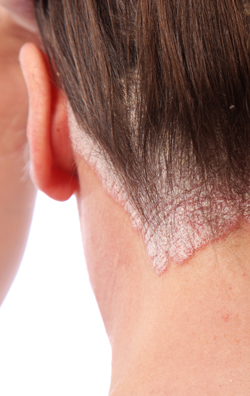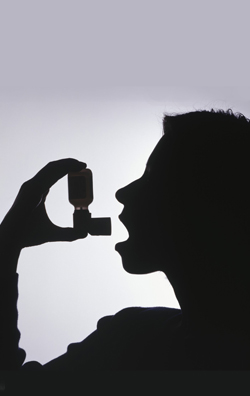.jpg)
Major depressive disorder, also known as clinical depression, is a severe mood disorder. It causes persistent or extended periods of depressed mood, which can affect daily life. There are several types of major depressive disorder, and each has slightly different symptoms that may occur at certain times in a person’s life. Depression may develop with time, or an event or a combination of factors may trigger it. person should seek medical attention if they notice symptoms of depression, such as a low mood that lasts for 2 weeks or more. For many, seeking help can feel intimidating. However, depression is a widespread health problem, and a doctor will be able to suggest treatment strategies. Not seeking treatment can lead to further complications. Depression affects people differently. With treatment, some people find it resolves within weeks or months. Others may need treatment for several years. It can take time to find a treatment plan that works, but many people find their symptoms respond well to a combination of therapy and medication. It is not always possible to prevent depression, but when a person knows their triggers and can recognize when an episode starts, it may be easier to take action. As soon as a person notices the signs and symptoms of depression, they should seek medical help. Starting treatment early can help prevent depression from becoming severe.
(Credits: www.medicalnewstoday.com)





